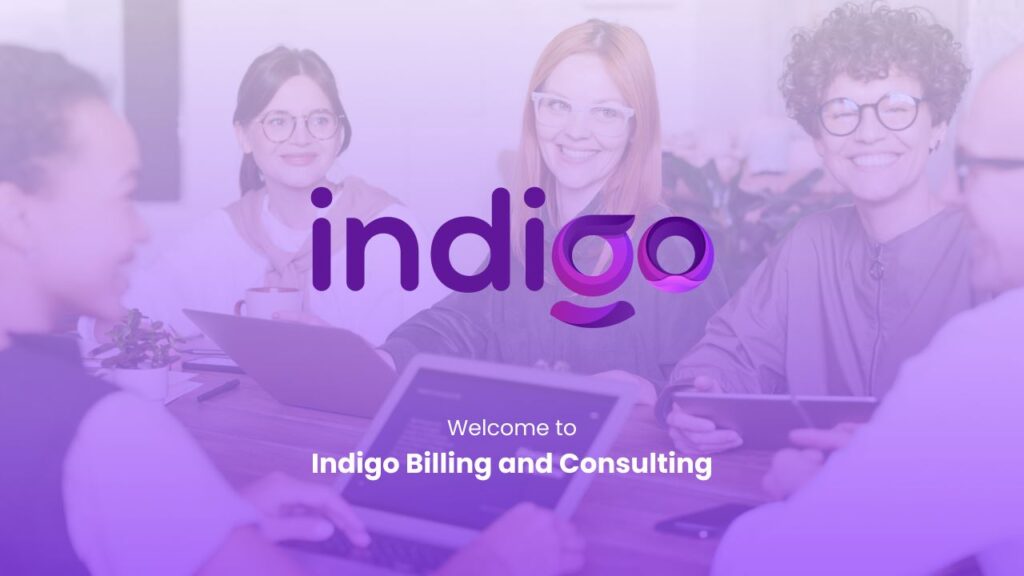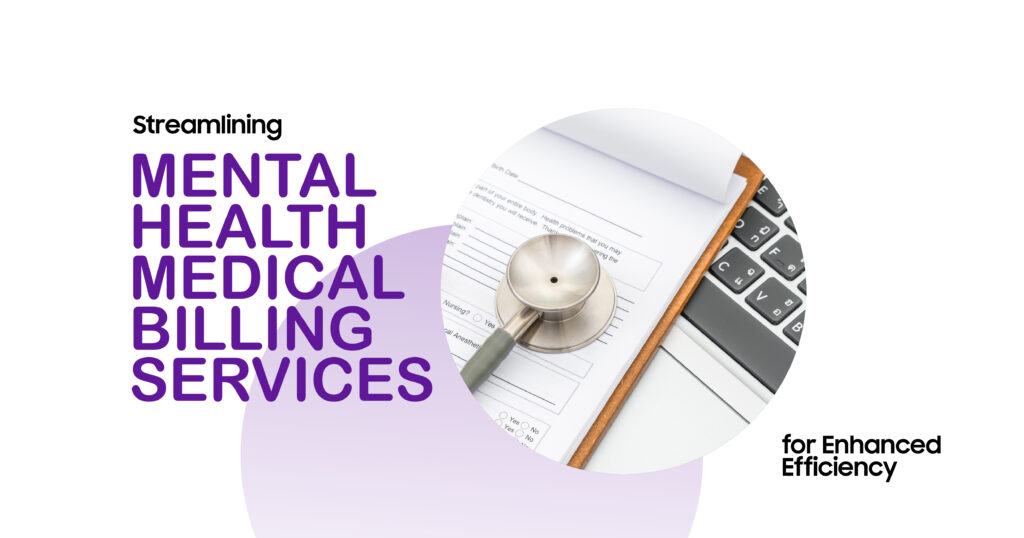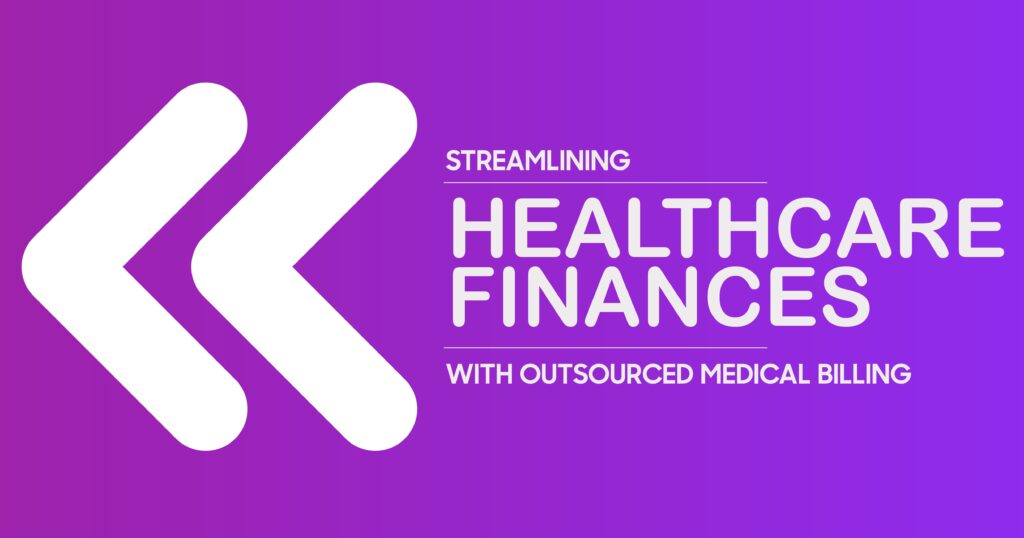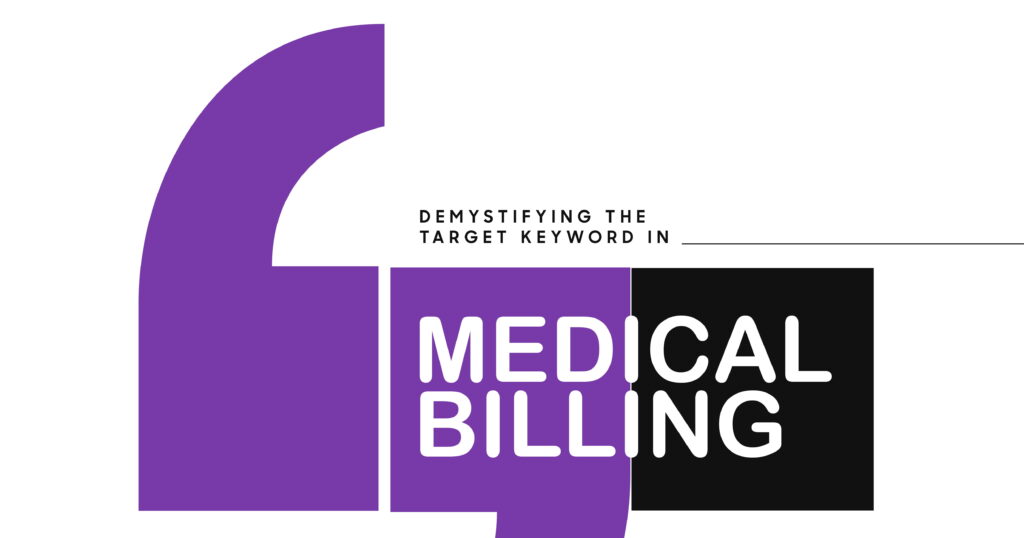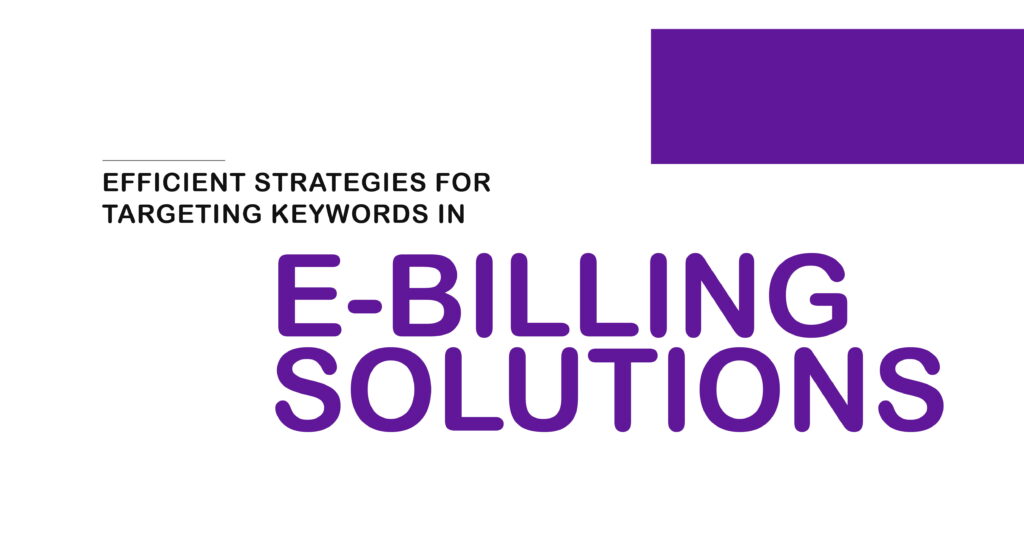Mental health care is a cornerstone of overall well-being, yet the complexities of mental health medical billing services often create hurdles for providers and patients alike. From navigating intricate insurance policies to ensuring timely reimbursements, billing for mental health services demands precision and expertise. This blog delves into the nuances of mental health medical billing, exploring its challenges, trends, and solutions to help practices optimize their revenue cycle and focus on delivering quality care.
What Are Mental Health Medical Billing Services?
Mental health medical billing services encompass the processes of submitting, processing, and managing mental health insurance claims for services like psychotherapy, psychiatric evaluations, and behavioral health interventions. These services ensure providers receive accurate reimbursements while patients face minimal financial surprises. Unlike general medical billing, mental health billing requires specialized knowledge of psychiatry medical billing codes, such as CPT codes for psychotherapy sessions, and adherence to payer-specific guidelines.
The scope of mental health practice billing includes verifying insurance coverage, coding diagnoses and treatments, and appealing denied claims. For instance, behavioral health billing solutions often involve coordinating with insurers to confirm coverage for therapy sessions or medication management. According to the American Psychological Association, 30% of mental health claims face initial denials due to coding errors, highlighting the need for expert billing services.
The Importance of Accurate Mental Health Medical Billing
Accurate mental health medical billing is critical for both financial stability and patient satisfaction. Errors in psychotherapy billing services can lead to delayed payments, increased administrative costs, and strained provider-patient relationships. By ensuring precise coding and timely claim submissions, providers can maintain a healthy mental health revenue cycle management system, allowing them to focus on care delivery.
Proper billing also enhances behavioral health reimbursement rates. For example, verifying pre-authorization requirements for psychiatric services prevents claim rejections, ensuring providers are compensated fairly. The National Alliance on Mental Illness reports that efficient billing practices reduce patient out-of-pocket costs by 15%, improving access to care and trust in the healthcare system.
Key benefits of accurate mental health billing include:
- Improved Cash Flow: Timely claims processing accelerates reimbursements.
- Patient Trust: Transparent billing reduces disputes and unexpected costs.
- Compliance: Adherence to payer guidelines minimizes audit risks.
- Operational Efficiency: Streamlined processes free up staff for clinical tasks.
Key Challenges in Mental Health Billing
Mental health billing presents unique challenges that can disrupt practice operations. These obstacles often stem from the specialized nature of behavioral health services and the complexity of insurance policies. Common issues include:
- Complex Coding Requirements: Mental health services use specific CPT and ICD-10 codes, which vary by session length and therapy type, increasing the risk of errors.
- Payer Variability: Insurers have different coverage policies for mental health, complicating psychiatric billing support.
- Pre-Authorization Delays: Many plans require prior approval for therapy or psychiatric services, slowing down claims processing.
- High Denial Rates: Mental health claims are frequently denied due to documentation errors or coverage disputes.

Current Trends in Mental Health Medical Billing
The landscape of mental health medical billing is evolving, driven by regulatory changes and patient demand. Staying ahead of these trends is essential for optimizing behavioral health billing solutions. Notable developments include:
- Telehealth Billing Growth: The rise of virtual therapy sessions has introduced new billing codes and reimbursement policies, requiring practices to adapt quickly.
- Value-Based Care: Payers are shifting toward outcome-based reimbursements, impacting mental health revenue cycle management.
- Increased Coverage: Recent policy changes, such as those outlined by the Centers for Medicare & Medicaid Services, have expanded mental health coverage, increasing claim volumes.
- Patient-Centric Billing: Practices are adopting transparent billing practices to improve patient experience and retention.
These trends underscore the need for adaptive mental health practice billing strategies to ensure compliance and maximize reimbursements.
How to Choose the Right Mental Health Billing Service?
Selecting the right mental health billing service is pivotal for practice success. Providers should evaluate potential partners based on expertise, technology, and scalability. Key factors to consider include:
| Criteria | Importance | Evaluation Tip |
| Specialization | Ensures expertise in mental health billing. | Verify experience with behavioral health codes. |
| Technology Integration | Streamlines workflows and reduces errors. | Check EHR compatibility. |
| Denial Management | Minimizes revenue loss from denials. | Review denial resolution rates. |
| Transparency | Enhances trust and decision-making. | Request sample reports. |
The Role of Technology in Streamlining Mental Health Billing
Technology is transforming mental health medical billing services by automating tasks and improving accuracy. Electronic billing platforms, such as Kareo, streamline mental health insurance claims by integrating coding, submission, and tracking into one system. These tools reduce manual errors and accelerate reimbursements.
Artificial intelligence (AI) is also playing a growing role in psychiatric billing support. AI-powered software can analyze claims data to identify patterns in denials, enabling proactive corrections. For example, platforms like Waystar use predictive analytics to flag potential issues before submission. Additionally, automated eligibility verification tools ensure real-time confirmation of coverage, enhancing mental health revenue cycle management.
By leveraging these technologies, practices can scale operations and improve patient satisfaction through faster, more accurate billing processes.
Comparing Top Competitors in Mental Health Billing Services
The mental health billing industry is competitive, with providers offering varied services. Comparing top competitors reveals insights into best practices. For instance, some focus on end-to-end solutions, covering coding to collections, while others specialize in denial management. Larger firms often provide advanced analytics, while smaller ones offer personalized support.
Key differentiators include technology adoption and mental health expertise. Practices can learn from competitors by adopting hybrid models that blend automation with human oversight. This approach ensures efficiency while addressing the unique needs of mental health practice billing.
Learn About the Best Practices for Improving Mental Health Billing Efficiency at Indigo Billing
Optimizing mental health medical billing services is the key to thriving in today’s healthcare landscape. At Indigo Billing, we empower providers with tailored behavioral health billing solutions that enhance efficiency and boost revenue. Our expertise in psychotherapy billing services and psychiatric billing support ensures your practice stays ahead of the curve.
Ready to elevate your billing processes and focus on patient care? Contact Indigo Billing today to discover how we can transform your mental health revenue cycle management.
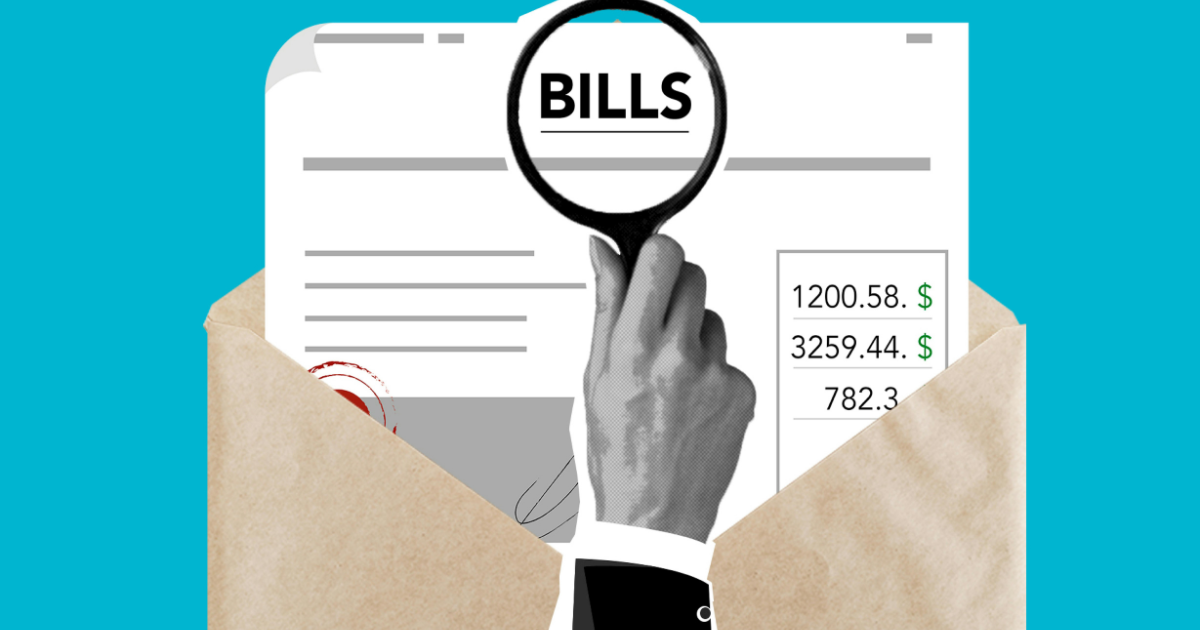
FAQs
What are the key challenges faced in mental health medical billing today?
Mental health billing faces challenges like complex coding requirements, payer variability, pre-authorization delays, and high denial rates. These issues can delay reimbursements and increase administrative burdens. Solutions like staff training, automated tools, and regular audits can mitigate these obstacles effectively.
How does technology improve the efficiency of mental health billing services?
Technology streamlines mental health billing by automating claims submission, coding, and eligibility verification, reducing errors and delays. Platforms like Kareo and Waystar enhance accuracy and speed up reimbursements. These tools also integrate with EHRs, improving workflow efficiency and patient satisfaction.
What factors should be considered when choosing the right mental health billing service?
Key factors include the service’s specialization in mental health billing, technology integration, denial management expertise, and transparency in reporting. Evaluating these ensures the service aligns with practice needs and enhances revenue cycle performance. Checking EHR compatibility and denial resolution rates is also critical.
How do current trends affect mental health medical billing practices?
Trends like telehealth billing, value-based care, and expanded coverage increase claim volumes and introduce new billing complexities. Practices must adapt by adopting flexible billing systems and staying updated on policy changes. These trends also emphasize patient-centric billing to improve retention and compliance.
How does accurate mental health billing impact overall healthcare outcomes?
Accurate billing ensures timely reimbursements, allowing providers to focus on delivering quality care. It reduces patient financial stress, fostering trust and improving treatment adherence. Additionally, efficient billing supports practice sustainability, enabling investments in mental health resources and services.
